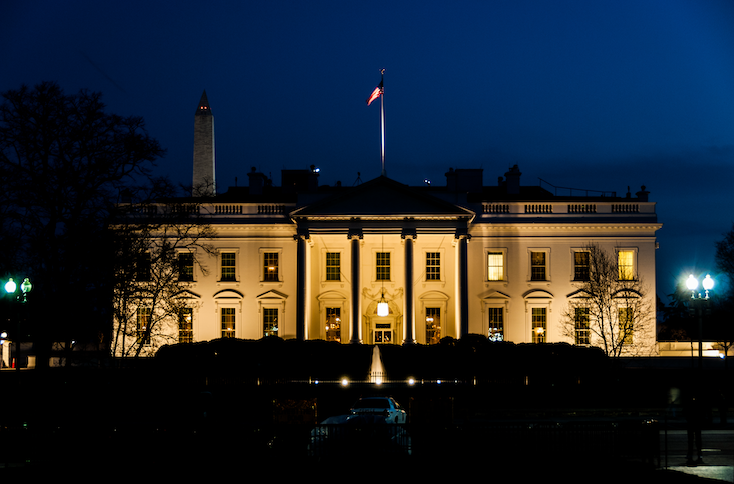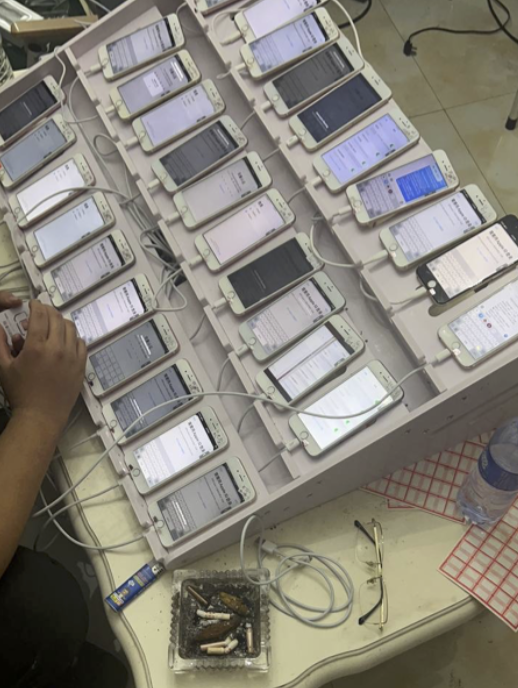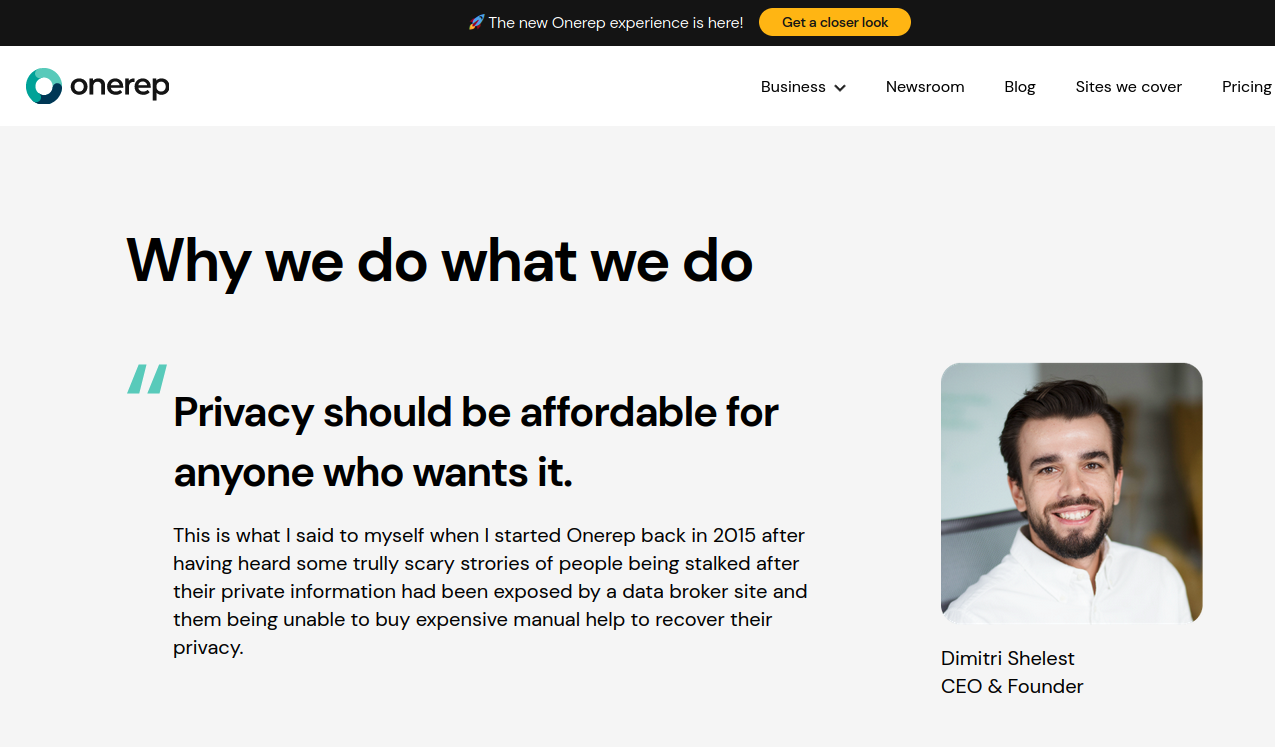Ian Mangenga
Ian Mangenga is the founder and CEO of Digital Girl Africa, a women-focused digital hub that uses critical digital skills training to bridge the gap between women in Africa and technology.

Ian Mangenga is the founder and CEO of Digital Girl Africa, a women-focused digital hub that uses critical digital skills training to bridge the gap between women in Africa and technology.
My work is both technical and social. On the technical end of things it involves coming up with programs that can help drive our mission of having an inclusive digital economy. On the social side of things, my day-to-day work involves looking at online trends and trying to incorporate these in the work we do so that we can be more relatable to our community.
The pandemic emphasized the fact that web access is an enabler for participation in any kind of economy today and in the future. Without web access, Digital Girl Africa would not be able to teach women about the internet or even begin to understand their relationship with it. The latter is very important to me because it’s only through understanding what women think and how they feel about the current state of the web that I am able to suggest new ways that can move us forward.
Initially, my goal was to contribute to work that will eliminate the digital gender gap in Africa. However, the past three years have revealed that the digital gender gap is a multi-faceted issue. On the one hand it is technical. This is where most of my limitations are. Things like lack of infrastructure, high cost of data and mobile devices are beyond my scope of work, and often these are the first that come to mind when we think about the digital gender gap. But there are also social limitations. The historic exclusion of women in various fields has resulted in limited-to-no digital literacy among women. Which takes me to my latest discovery, the cultural issues. Due to the first two obstacles mentioned, I decided to focus my work on urban areas, thinking that things like access to the web and digital literacy would not be such a challenge. I was wrong. Pop culture, and traditional culture, has a big influence on how women and girls interact with the web. Gendered patterns of use reveal that women seldom use the web to empower themselves. One example I like to use is how most of the popular Tik-Tok challenges we have seen have been by women. On the bright side, this is a good indicator of how women can influence the web even as mere consumers. On the dark side, I have noticed how harmful gender stereotypes now play themselves out online.
Digital tech as a tool is still highly misunderstood by women, for the reasons mentioned above. Through Digital Girl Africa, I get to work closely with the community of women to establish a deeper understanding of what the implicit challenges are — the everyday struggles that women encounter on the web. By constantly evolving and finding new ways to communicate with women and also get them involved in the work I do, I’m able to tackle the cultural and social issues pertaining to women and their relationship with the web.
I have seen the impact our work is having. Women would come to the workshops and bootcamps with no knowledge on how to use particular platforms and leave there having both the skillset and a new understanding of how they can use the web to empower themselves. One story of success is the Black Womxn Caucus organization, based in Johannesburg. Through our social media and activism workshop, they have been able to build their institutional memory and share it with the world through their social media platforms. This has resulted in them being better organizers and communicators of their mission.
I like to say apart from my university education, I’m a graduate of YouTube and Google University. Digital Girl Africa was birthed from realizing how I could learn any skill I was interested in online. So as one of my ethos, and that of Digital Girl Africa by extension, the workshops and bootcamps I host have very little to do with the actual skills advertised on the poster. What I hope every woman leaves with after attending any of these is a broader understanding of how they can exploit the opportunities that come with access to the web.
Digital inequality is real. It should be treated as a matter of importance across all sectors of society. As we have witnessed the abrupt mass move online since the lockdowns, there is no denying that if one cannot access the web in the near future they will be locked out of the economy too.
If all young people had access to the web, and the digital skills and literacy to use it, we would have an accessible and inclusive economy. For all.
I think we can all agree that decision makers are struggling to meet the burgeoning needs of society, on every angle. As more parts of society become digitized by the day, the urgency to have “native webbers” — people who grew up in the internet age — online and involved in decision-making reveals itself in the many youth-led movements that we have seen across the continent in the past five years. So in the same way web access has been able to assist young people make their needs heard on a global scale, they can also use it to address some of the challenges decision-makers are struggling to get to.
| Share Ian’s story: Thank you @IanAfrika for using the web to educate, inspire and connect young women through technology #WebChampions | Tweet |

|

|

|
For more updates, follow us on Twitter at @webfoundation and sign up to receive our newsletter.
To receive a weekly news brief on the most important stories in tech, subscribe to The Web This Week.




























